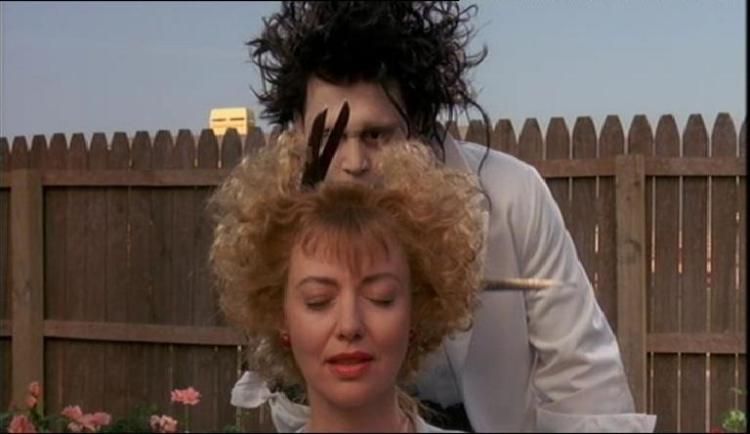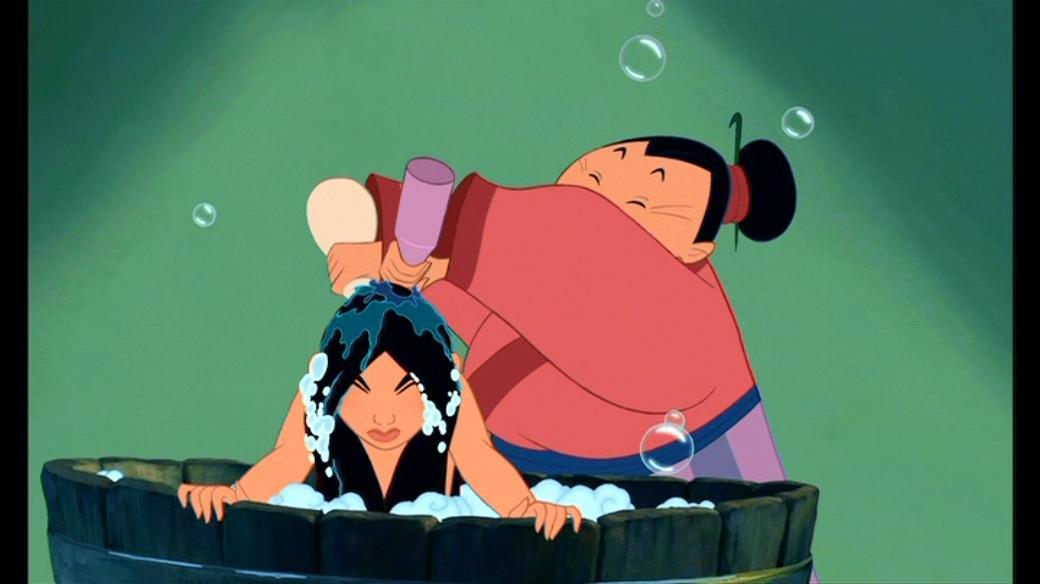英语听力课堂(www.tingclass.net)是公益性质的英语学习网站,您可以在线学习英语听力和英语口语等,请帮助我们多多宣传,谢谢!
二月二“龙抬头”为什么要剪头发?
2022-03-08 11:44:05 每日学英语
The story goes that after this day, the Dragon King would wake from his winter sleep and bring rainfall for the crops. The Chinese saying ‘Er yue er, long tai tou,’ which translates to ‘On the second day of the second month, the dragon lifts its head,’ celebrates the ancient agrarian culture in China. Although some of the traditions to celebrate the day are no longer practiced, some do remain.
传说从这一天起,龙王会从冬眠中醒来,为庄稼带来降雨。谚语“二月二,龙抬头”,翻译过来就是在第二个月的第二天,龙起了它的头,以庆祝中国古代的农耕文化。尽管庆祝节日的某些传统已经不复存在,但仍有一些保留了下来。
The most notable tradition on the day is getting a haircut, which is said to get rid of bad luck. In contrast, getting a trim during the first lunar month is said to bring bad luck – with one saying even warning that your uncle will die if you get a haircut during the first month.
其中最著名的习俗就是理发,据说理发可以驱除霉运。相反,据说正月理发会带来霉运,有人甚至警告说,如果你在正月理发,你的舅舅就会死。
However, some argue the Chinese phrase has been misinterpreted, and actually calls for people to ‘remember the past’ (思旧, sijiu). Men of Han ethnicity were required to shave the front of their head and braid their back portion of hair during the Manchu rule of the Qing dynasty. The similar pronunciation of ‘remember the past’ (sijiu) and ‘death of the uncle on your mother’s side’ (sijiu) probably led to the later saying.
然而,一些人认为这其实是对于这一个俗语的误解。这个俗语其实事实上是在呼吁人们记住过去(思旧)。在清朝满族统治时期,汉族男子被要求剃光一半头发,并将剩下的头发编成辫子。“思旧”和“死舅”发音相近,可能导致了后来的误传。
It was a tradition for folks to lineup outside barbershops on Longtaitou Festival, waiting for their first haircut of the New Year.
人们在龙抬头那天在理发店外排队剪头发,等待新年的第一个发型的景象已经成为了传统。
“剪头发”英语别说成“cut my hair”,应该是have/get one's hair cut 剪头发

因为你不是自己给自己剪头发,所以不能说I cut my hair,而是要用have something done表示别人帮我们做,头发是被剪的对象。
例:
Most of the little kids don't like to have their hair cut.
小孩大部分都不喜欢剪头发。
A:I got my hair cut.
我剪头发了。
B:How fashionable your hairstyle is!
你的发型真时髦!
hairstyle表示“发型”
常见的发型有:
straight hair 直发
curly hair 卷发
ponytail 马尾辫
crop 平头

“洗头发”用英语怎么说?

shampoo
/ʃæmˈpuː/
本身的意思是“洗发水,香波”
随着它的使用,
现在作名词,指
an act of washing something, especially your hair, with shampoo
(用香波或洗涤剂)洗;(尤指)洗发
也可以作动词
to wash something with shampoo
用香波洗;用洗涤剂洗
例:
My hair/The rug/The dog needs a shampoo.
我的头发/地毯/这只狗需要洗一洗。
Duncan shampooed my hair and then Tracy cut it.
邓肯给我洗了头,然后特蕾西给我剪了头发。
简单一些也可以直接说
wash one's hair

以上就是今天的内容啦~
欢迎来评论区分享心得~